Can you lower the RPM on a generator?
Yes, it is technically possible to lower the RPM of a generator, but it is strongly discouraged unless performed under manufacturer guidance or by a certified technician. Doing so without proper expertise can lead to equipment failure, safety hazards, and significant financial losses. While specialized applications may require a custom low rpm diesel generator, altering an existing generator's speed outside its designed specifications poses serious risks.

Significant Risks of DIY RPM Adjustment
Attempting to lower your generator's RPM without professional involvement introduces multiple critical risks:
Electrical Output Failure: Generator output frequency (Hz) is directly tied to RPM. Reducing RPM will cause the frequency to drop below the standard 50 or 60 Hz, damaging connected equipment such as motors, computers, and sensitive devices.
Engine Damage: Diesel engines are designed to operate at specific speeds for optimal combustion, lubrication, and cooling. Operating at lower RPM can cause incomplete burning, increased carbon buildup, accelerated wear, and overheating.
Voided Warranty: Unauthorized modifications will invalidate your generator's manufacturer warranty, leaving you fully responsible for any subsequent repairs or replacements.
Safety and Compliance Issues: Altered generators may no longer comply with international safety and emissions standards (e.g., ISO, IEC, EPA), creating legal liabilities and potentially violating local regulations.
Reduced Efficiency: A improperly adjusted low rpm diesel generator often consumes more fuel while delivering less usable power, negating the intended benefits.
Safe and Recommended Solutions
If you require a generator operating at non-standard RPM for specific applications, here are the correct approaches:
Factory-Configured Solutions: Some manufacturers offer generators designed from the ground up for lower RPM operation. These units are engineered with appropriate components to ensure reliability and compliance.
Variable Speed Generators: For applications where power demand varies significantly, consider inverter generators or variable speed diesel generators. These systems automatically adjust engine speed to match the load, improving fuel efficiency without compromising output quality.
Professional Retrofitting: In rare cases, existing generators can be reconfigured by certified engineers. This process involves upgrading the governor, recalibrating the fuel system, and ensuring all components can handle the new operating parameters.
Purpose-Built Designs: For applications such as marine auxiliary power, pumping, or grinding, a properly designed low rpm diesel generator can be developed to meet specific mechanical and electrical requirements without compromising on safety or durability.
Conclusion
While lowering a generator's RPM is technically feasible, it should only be undertaken by professionals with a full understanding of the engineering and safety implications. The risks of DIY modification—equipment damage, voided warranties, and non-compliance—far outweigh any perceived benefits.
At JLMECH, we combine extensive expertise in power generation with an unwavering commitment to quality and reliability. Our team can help you determine the ideal power solution for your unique requirements, whether that involves a standard generator, a variable speed system, or a fully customized design.
If you have specific operational needs, consult our experts for guidance. Contact us at skala@whjlmech.com to learn more about our products and engineering services tailored to your applications.
References
International Electrotechnical Commission. (2018). *IEC 60034-1: Rotating electrical machines - Part 1: Rating and performance*.
International Organization for Standardization. (2018). *ISO 8528-5: Reciprocating internal combustion engine driven alternating current generating sets - Part 5: Generating sets*.
Johnson, M. (2022). Emergency Power Systems: A Comprehensive Guide to High-Speed Diesel Generators. Power Engineering Quarterly, 45(3), 78-92.
National Fire Protection Association. (2022). NFPA 110: Standard for Emergency and Standby Power Systems.
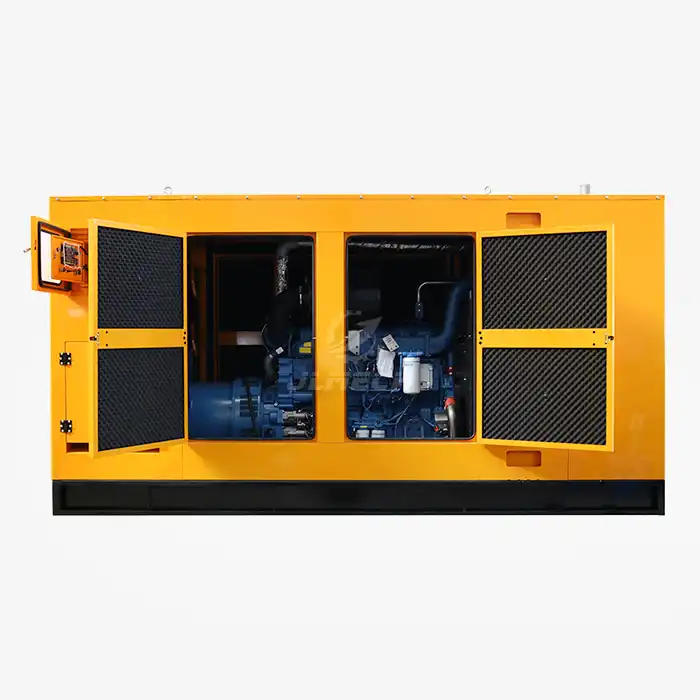 VIEW MOREPortable diesel unit set
VIEW MOREPortable diesel unit set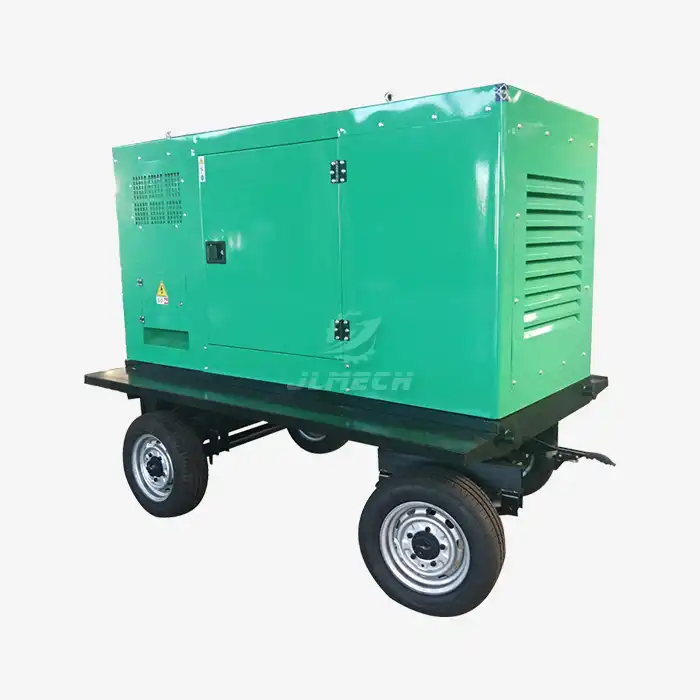 VIEW MORE300KW Mobile Generator Set for Mining Engineering
VIEW MORE300KW Mobile Generator Set for Mining Engineering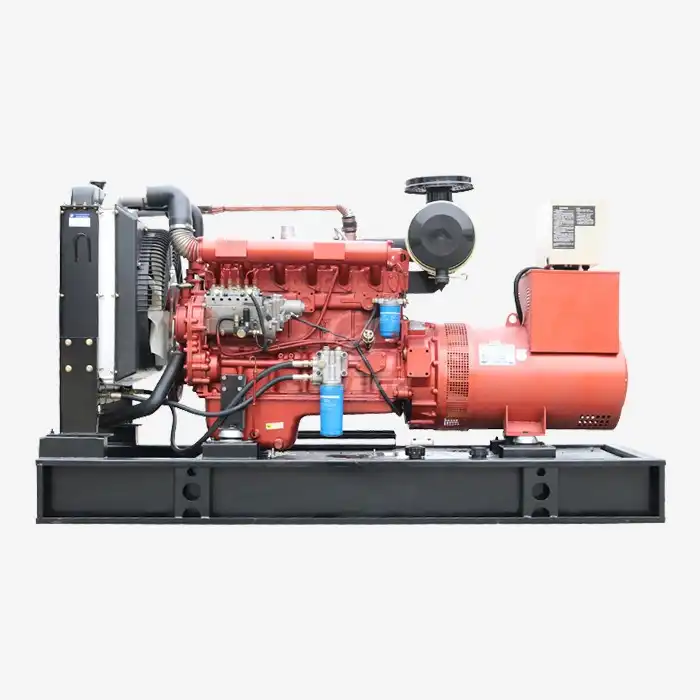 VIEW MORE6 Cylinder genetator
VIEW MORE6 Cylinder genetator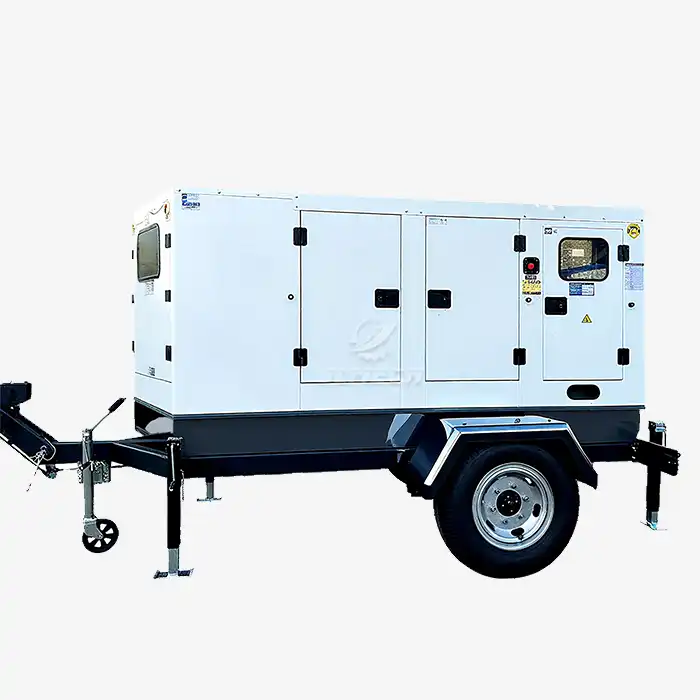 VIEW MOREMobile Type Diesel Generator
VIEW MOREMobile Type Diesel Generator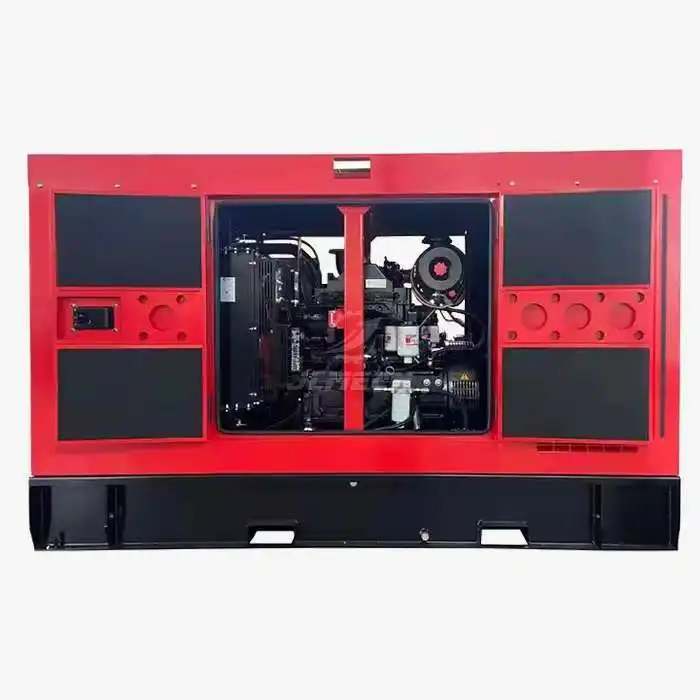 VIEW MORE50kVA Silent Diesel Generator
VIEW MORE50kVA Silent Diesel Generator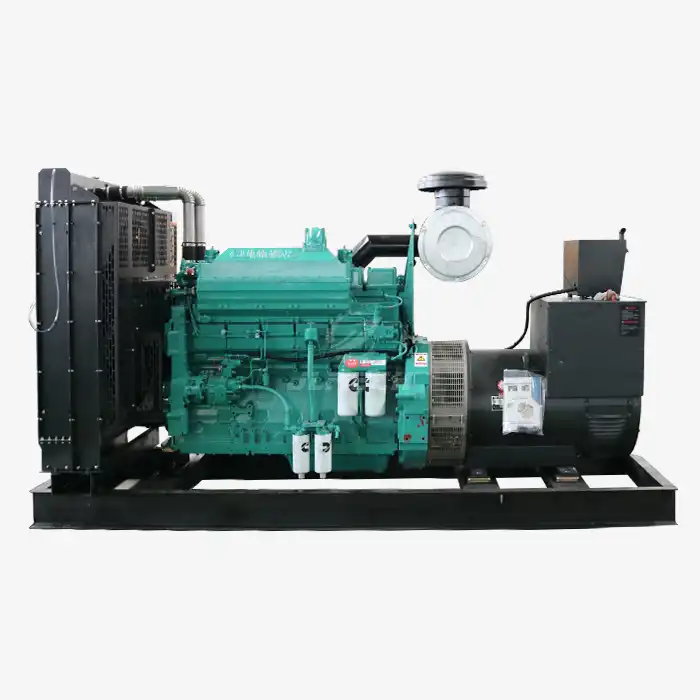 VIEW MOREdiesel generator set cummins
VIEW MOREdiesel generator set cummins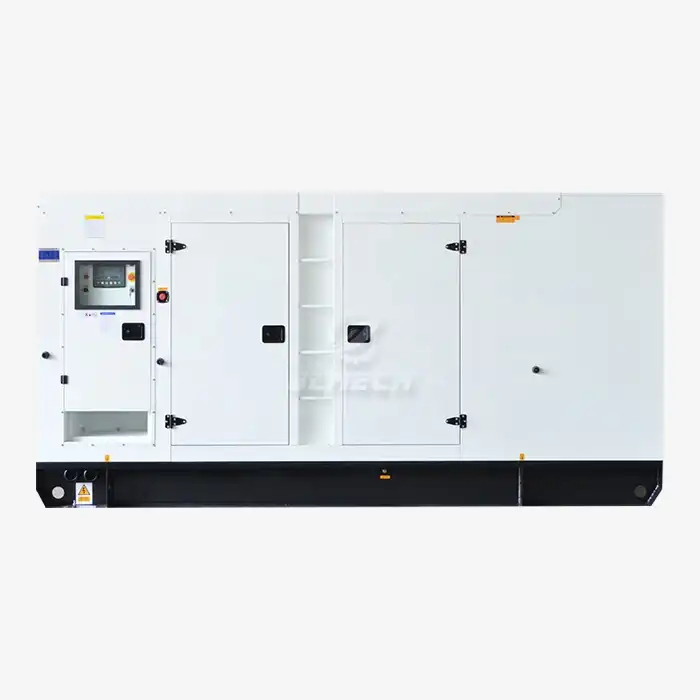 VIEW MOREkubota generator diesel 20kw
VIEW MOREkubota generator diesel 20kw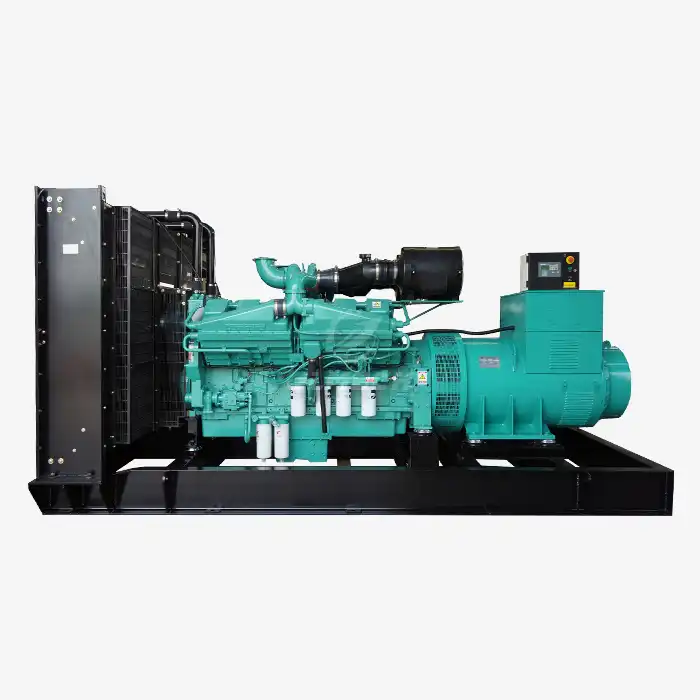 VIEW MOREstarter for cummins diesel generator
VIEW MOREstarter for cummins diesel generator



